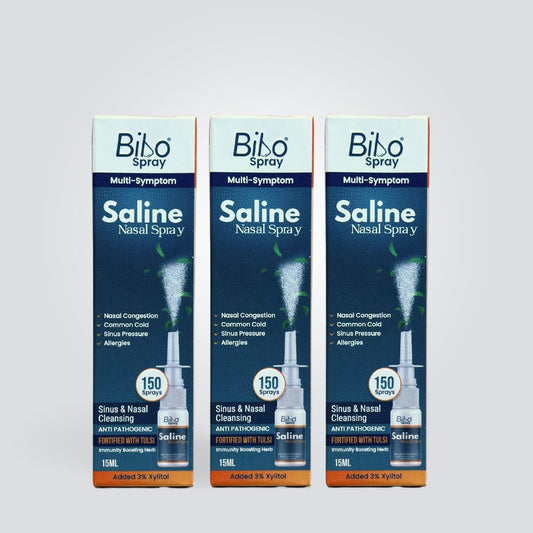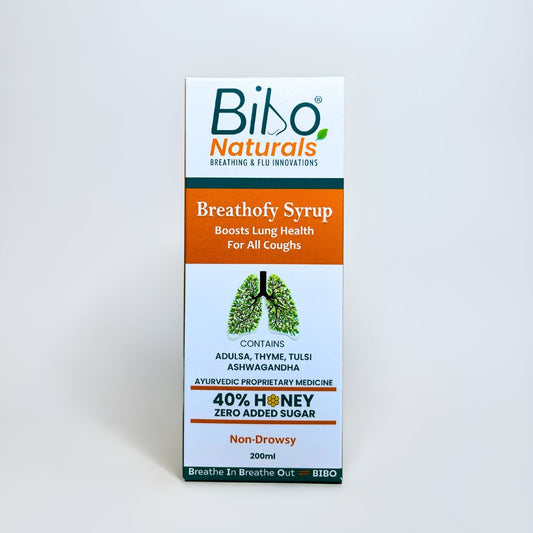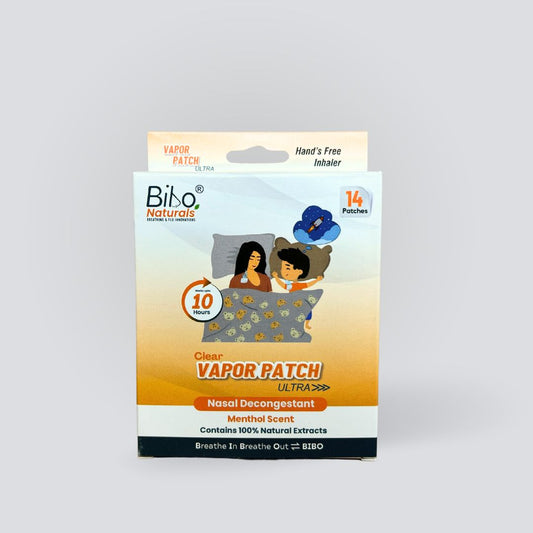Blog written by: Dr. Anju Balakrishnan

Yashtimadhu, or Madhuka, is one of the widely used Ayurvedic herbs. It is commonly called as Licorice. Glycyrrhiza glabra is the botanically accepted source which belongs to the Fabaceae family. This a herb or undershrub with multifoliate leaves and axillary spike inflorescence. This herbaceous plant is native to Western Asia, North Africa and Southern Europe. Licorice roots are used in many of the Ayurvedic traditional medicine for curing, restoring and rejuvenating purposes. There is an age-old practice of chewing Yastimadhu when there is hoarseness of voice.
It is called Yashtimadhu because of its sweet taste and aromatic flavour. It possesses Guru (heavy) and Snigdha (unctuous) properties with cold potency. Hence the drug has Vata-Pitta hara action (pacifies morbid Vata and Pitta). The drug promotes longevity, improves eyesight and skin complexion, relieves vomiting, checks bleeding, heals ulcers and is also used in Panchakarma (purificatory) procedures. The drug possesses chemical components like Glycyrrhizin, Glycyrrhetinic acid, calcium, zinc, vitamins etc. Glycyrrhizin is responsible for anti-inflammatory, anti-allergic and hepatoprotective action, whereas Glycyrrhetinic acid has antiviral and antibacterial properties.
The drug has proved Antioxidant, Anti-obesity, Anti-inflammatory, Antiemetic, Immunostimulating, Memory enhancing, Antiviral, Anti-allergic, Anti depressant, Anti ulcerogenic, Hepatoprotective, Expectorant, Anti convulsant and many more actions. The drug is also good for heart health. It enhances immunity by boosting the immune system. The drug has mild laxative action. It can be therapeutically utilized for cough, chest congestion etc. It has anti-inflammatory and expectorant action, which may ease coughing and soothes the respiratory tract. The antibacterial property of the drug helps in reducing upper respiratory tract infections. Ayurvedic classics also mention the Rasayana (rejuvenating) action of the drug. The licorice powder is given with milk which acts as Medhya Rasayana (to boost cognitive ability). It promotes strength in the body and all sensory organs, boosts immunity, and acts as a brain tonic. It also improves the complexion, hair growth, voice etc. It also helps in reducing the serum lipid level. It may help to reduce the LDL and Triglyceride level.
Studies have been done to prove the efficacy of Yastimadhu against the side effects of radiation or chemotherapy in head and neck malignancies, like inflammation in the mouth and gut, loss of appetite, nausea, skin reactions, voice change etc. Research also proves the effect of the drug in enhancing mental health. Yashtimadhu was also evaluated against Novel Coronavirus (SARS-CoV-2). The antimicrobial activity of the drug was also proven against several organisms.
Remedies

In chronic cough and bronchitis, the decoction of Yastimadhu can be processed with milk and consumed. It has been mentioned in Ashtanga Hridaya, which is one of the classical textbooks of Ayurveda.
The drug also possesses excellent anti-ageing properties when taken along with milk. 2 grams of Yastimadhu powder can be taken along with warm milk. It also enhances overall strength and immunity.
Yastimadhu powder can also be applied externally to treat acne and blemishes. A face pack can be prepared by mixing Yastimadhu powder with water and applied. It is one of the ingredients in Kumkumadi taila because of its complexion-enhancing property.
Yastimadhu also enhances voice. Yastimadhu sticks can be rubbed with ghee and honey, which is taken in unequal proportion and given on daily basis. It’s usually practised by singers to improve their voices.
Yastimadhu powder can also be applied externally in case of a headache since it has cold potency.
It is also the drug of choice in case of acidity. Excess acid production may damage the gastric mucosa and in the due course of time, it leads to indigestion, gastritis, sour belching, heartburn etc. Since the drug is having cold potency, it soothes the stomach mucosa and heals ulcers. It also balances the pitta dosha and prevents excess acid production by which proper digestion and absorption will be maintained.
Since the drug is having mild laxative action, it flushes out excess pitta from the body and corrects metabolism. So precautions should be taken while deciding the dose.
Precautions
Since the drug has a variable degree of intolerance, it shouldn't be taken without medical supervision. It may lead to increased blood pressure and even low potassium level if not consumed in the proper dose. Caution should be taken by pregnant women and lactating mothers before taking licorice.




